Expertiser
The Carbon Imperative: Why Embodied Carbon is the Next Step for Net-Zero Buildings
The global construction industry is at a crossroads. For years, the gold standard of “green building” was defined by operational efficiency—how much electricity a building consumes once the tenants move in. However, as our power grids become greener and HVAC systems more efficient, a new challenge has emerged from the shadows. It is the “Elephant in the Room”: Embodied Carbon.
Understanding Energy Audit Levels and Choosing the Right level for your building
Are rising energy bills causing you concern? Do you suspect your building is wasting energy but don’t know where to start? An energy audit can help uncover hidden savings and create a more sustainable, cost-effective operation. But with different levels of auditing, how do you choose the right one for your needs? This article will guide you through the three
Energy Management: The More Meters, The Better?
In today’s world, energy management is more important than ever. Are you wasting money by ignoring energy management? With rising energy costs and increasing pressure to reduce your carbon footprint, efficient energy management is no longer a luxury—it’s a necessity. But does having more meters necessarily lead to better energy management? This article aims to explore this question and provide
Energy management system: The importance of proper implementation
What is an Energy Management System? An energy management system is a framework designed to systematically analyze, control, and conserve energy within an organization. It encompasses various processes and technologies aimed at optimizing energy usage and reducing waste. An EnMS enables organizations to gather real-time data on energy consumption, identify inefficiencies, and implement strategies for improvement. The International Standard for
[Expertise] Carbon reduction methodology for new construction projects
Carbon reduction methodology for new construction projects is a systematic approach to reducing greenhouse gas emissions from the design, construction, operation and maintenance of buildings. It involves assessing the carbon footprint of the project from design to operation, identifying opportunities to reduce emissions through design choices, materials selection, energy efficiency, renewable energy sources and waste management, and compensating for the
[Expertise] How to conduct an energy audit to identify areas of energy waste in business
An energy audit is a comprehensive evaluation of the energy consumption and performance of your business. It involves collecting and analyzing data on your energy use patterns, such as how much electricity, gas, or other fuels you use, when and where you use them, and for what purposes. It also involves inspecting your building envelope, lighting, heating, ventilation, air conditioning
[Expertise] Achieving thermal comfort while minimizing energy consumption
Thermal comfort is the state of mind that expresses satisfaction with the thermal environment. It is influenced by air temperature, humidity, air movement, clothing, and activity level. Achieving thermal comfort is important for your well-being and productivity, energy consumption, and environmental impact. Energy consumption in buildings is mainly driven by the heating, ventilation, and air conditioning (HVAC) systems, which account
[Expertise] Thermal optimization of factories
Factories consume a large amount of energy for various operations, such as heating, cooling, lighting, machinery, etc. A significant portion of this energy is wasted as heat, which not only increases the operational costs but also contributes to greenhouse gas emissions and environmental degradation. Thermal optimization can help factories to reduce their energy consumption and carbon footprint, while also enhancing
[Expertise] Carbon reduction vs carbon offset
Carbon reduction and carbon offset are two terms that are often used interchangeably, but they have different meanings and implications. In this article, we will explain what they are, why they matter, and how they can help you reduce your environmental impact. Carbon reduction is the process of decreasing the amount of greenhouse gas emissions that you produce, either directly
[Expertise] How energy efficiency solutions reduce operating costs
Energy efficiency is the practice of using less energy to achieve the same or better results. It can help businesses and organizations save money, reduce greenhouse gas emissions, and improve their environmental performance. Energy efficiency is important for businesses because it can lower their energy bills, enhance their reputation, and increase their productivity. According to a report by the International
[Expertise] How to certify a carbon-neutral building?
Carbon neutrality is a concept that aims to reduce the impact of human activities on the environment by minimizing or offsetting greenhouse gas emissions. To achieve carbon neutrality, the amount of emissions produced by a source, such as a building, must be equal to or less than the amount of emissions removed or avoided by that source or another one.
Two projects have passed the HQE™ pre-assessment certification.
Two projects developed by NXPark, Aden Group’s industrial real estate business have passed the HQE pre-assessment certification! After 12 hours of rigorous evaluation with the HQE Auditor Frédéric Leconte from Certivea, the two projects in Xi’an and Qingdao passed the HQE Design stage pre-certification. Online audits for both projects. The HQE Design audit can be conducted online. The Construction Audit

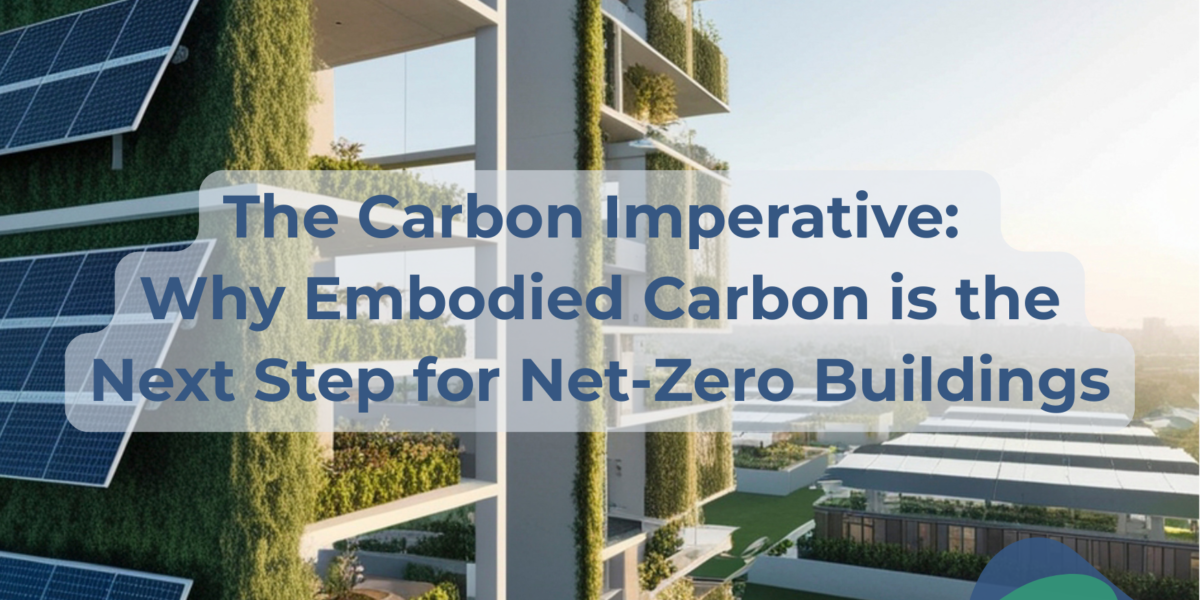

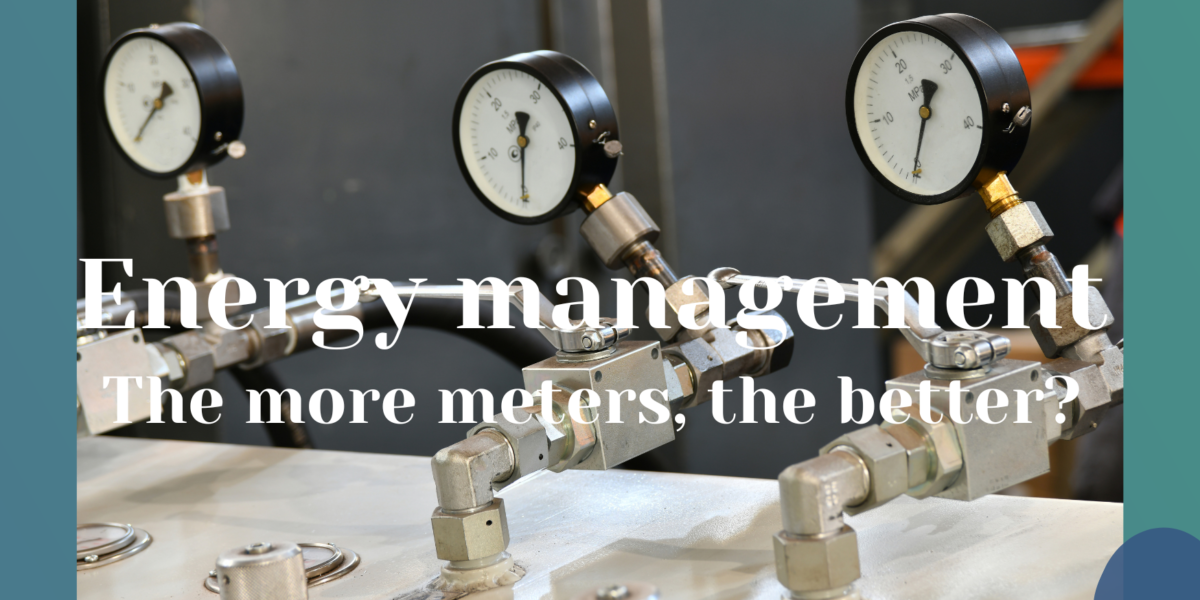
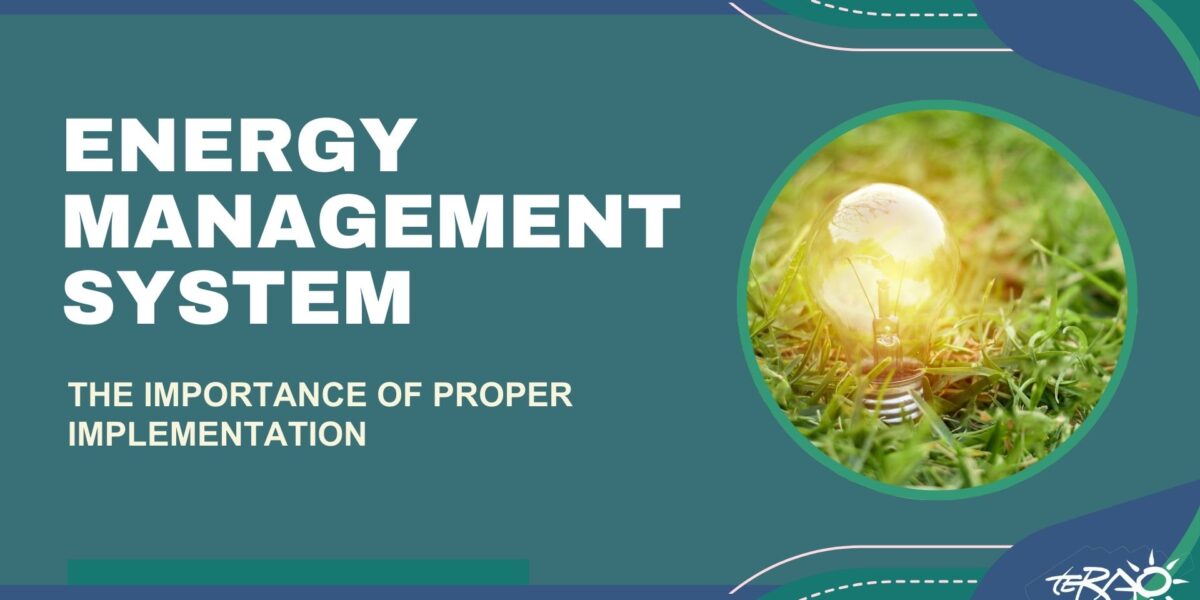
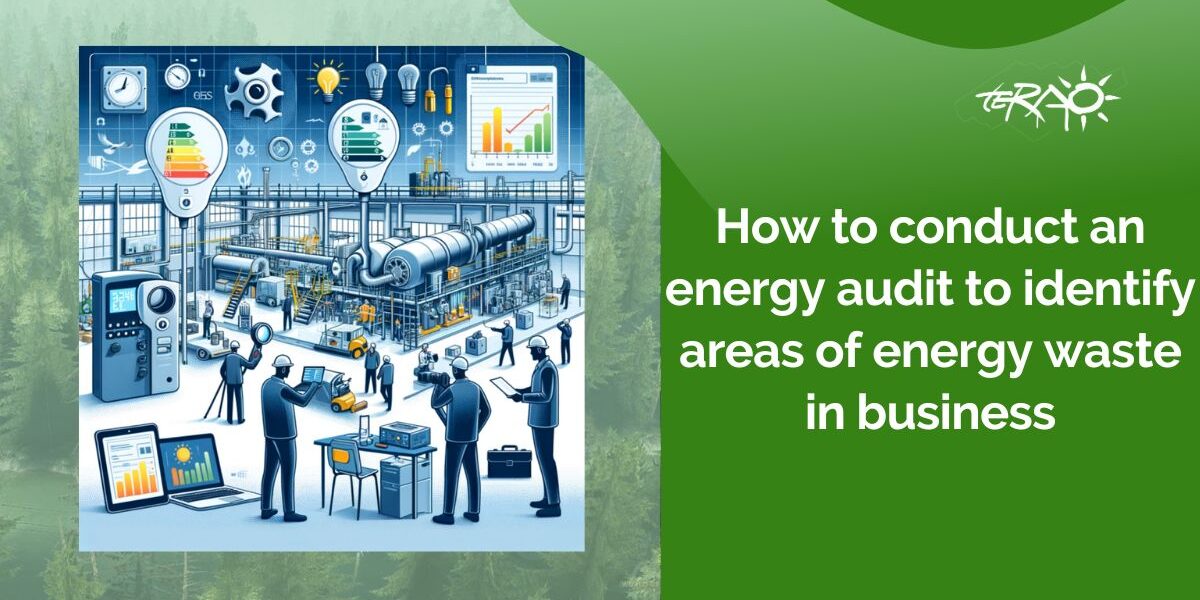


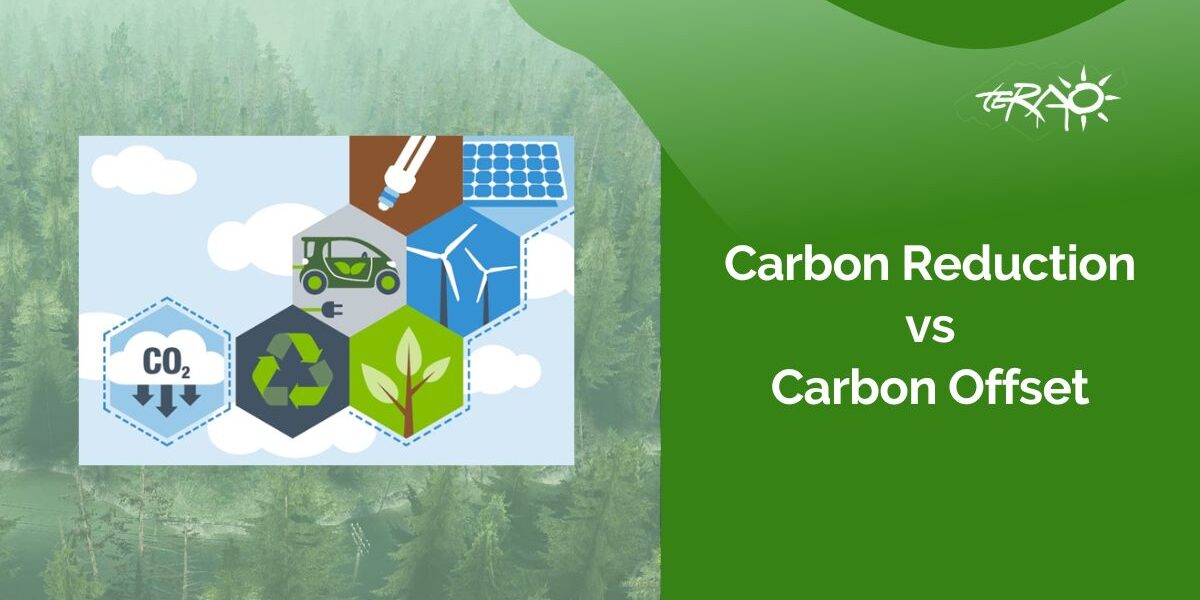
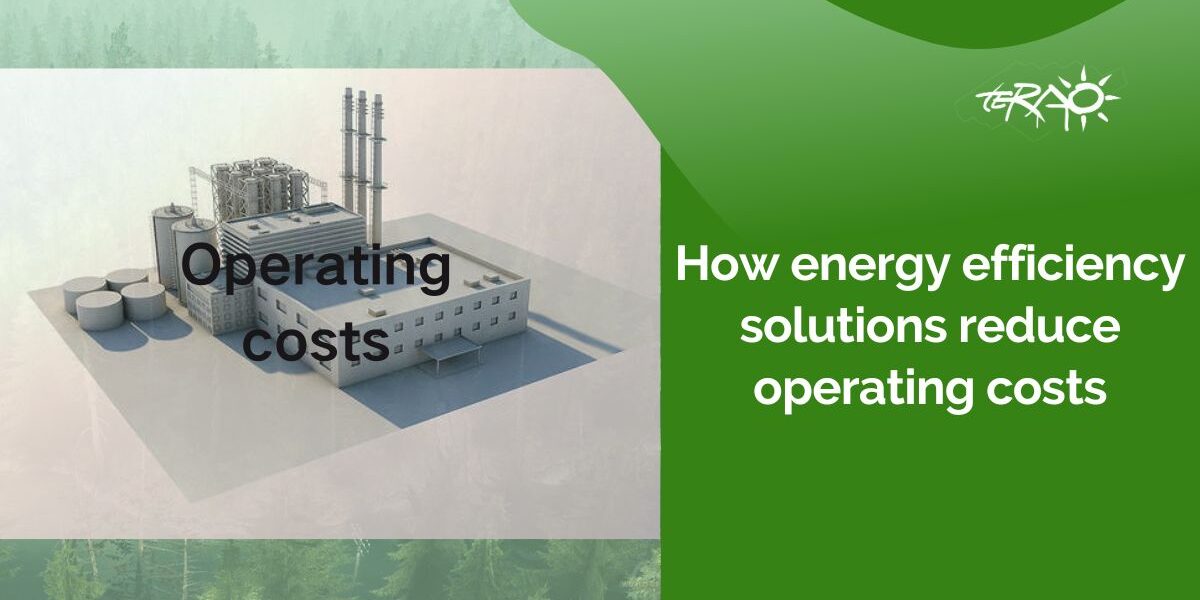

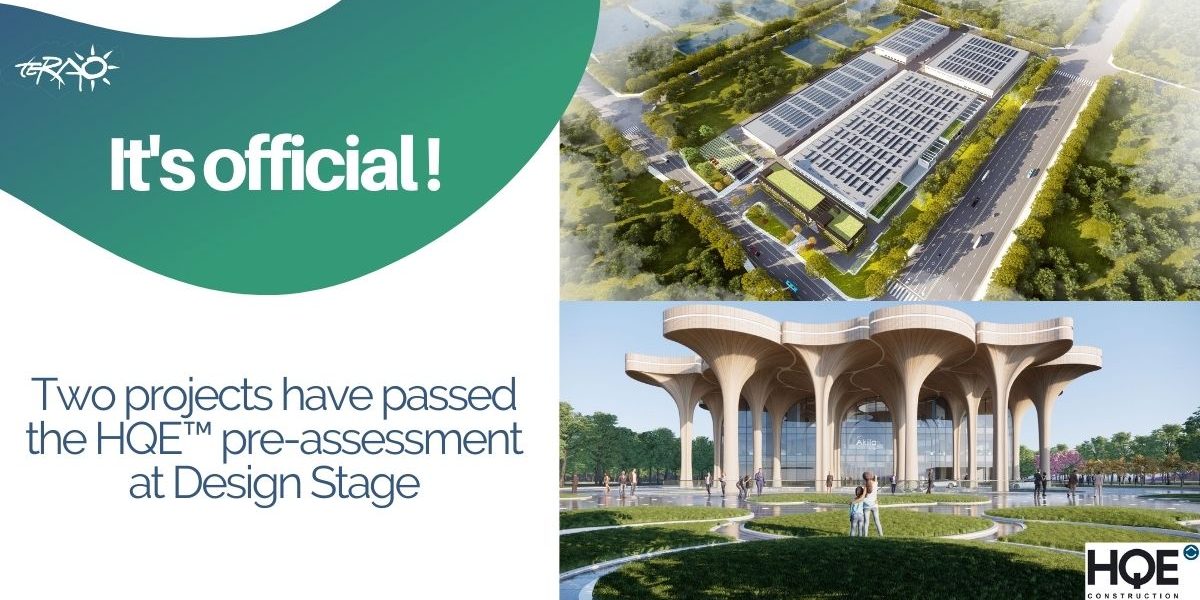


Recent Comments